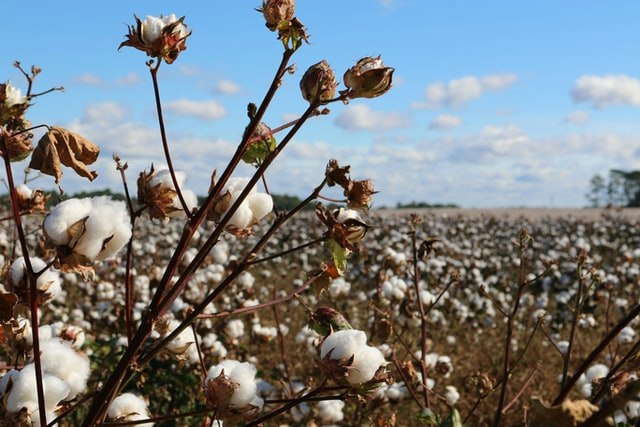When we think of softness, our minds often drift to the plush comfort of a down pillow or the gentle caress of a cashmere sweater. However, in the realm of natural materials, one substance reigns supreme in terms of softness: talc. This mineral, composed primarily of magnesium, silicon, and oxygen, is not only the softest natural material on Earth but also plays a crucial role in various industries. In this article, we will explore the unique properties of talc, its applications, and its significance in our daily lives.
Understanding Talc: A Mineral of Many Faces
Talc is a silicate mineral that crystallizes in the form of monoclinic crystals. Its unique layered structure allows for easy cleavage, which contributes to its exceptional softness. On the Mohs scale of mineral hardness, talc is rated as a 1, the lowest possible score, indicating that it can be easily scratched by a fingernail. This characteristic makes talc not only the softest mineral but also a fascinating subject for geologists and material scientists alike.
The mineral's composition primarily consists of hydrated magnesium silicate, which gives it its distinctive properties. Talc is typically found in metamorphic rocks and is often associated with other minerals such as chlorite and pyrophyllite. Its formation occurs under high-pressure and low-temperature conditions, which is why it is commonly found in regions with significant geological activity.
The Versatile Applications of Talc
Talc's softness and unique properties make it an invaluable resource across various industries. Here are some of the most notable applications:
- Cosmetics and Personal Care Products: Talc is widely used in cosmetics, particularly in products like face powders, blushes, and body powders. Its ability to absorb moisture and reduce friction makes it an ideal ingredient for creating smooth, silky textures. However, the use of talc in cosmetics has come under scrutiny due to concerns about potential contamination with asbestos, a known carcinogen. As a result, many manufacturers are now opting for talc-free alternatives.
- Pharmaceuticals: In the pharmaceutical industry, talc is used as an excipient, a substance that helps bind ingredients together in tablet formulations. Its inert nature and softness make it an excellent choice for ensuring the stability and consistency of medications.
- Plastics and Rubber: Talc is commonly added to plastics and rubber products to improve their mechanical properties. It enhances stiffness, reduces shrinkage, and improves the overall finish of the final product. This application is particularly important in the automotive and consumer goods sectors.
- Paper Production: In the paper industry, talc is used as a filler and coating agent. It improves the opacity, brightness, and smoothness of paper, making it a preferred choice for high-quality printing applications.
- Food Industry: Talc is sometimes used as an anti-caking agent in powdered foods, preventing clumping and ensuring a smooth texture. However, its use in food products is regulated, and it must meet strict safety standards.
Environmental and Health Considerations
While talc is a naturally occurring mineral, its extraction and use raise important environmental and health considerations. The mining of talc can lead to habitat destruction and soil erosion, impacting local ecosystems. Moreover, the potential for asbestos contamination in talc deposits has led to increased scrutiny and regulation in many countries. It is essential for consumers and manufacturers to prioritize safety and sustainability when sourcing talc-based products.
Conclusion: The Soft Power of Talc
Talc, the softest natural material on Earth, is a remarkable mineral with a wide range of applications that touch our daily lives. From cosmetics to pharmaceuticals and beyond, its unique properties make it an indispensable resource in various industries. However, as we continue to harness the benefits of talc, it is crucial to remain vigilant about the environmental and health implications associated with its use. By promoting responsible sourcing and manufacturing practices, we can ensure that this soft treasure continues to serve humanity while preserving the planet for future generations.
